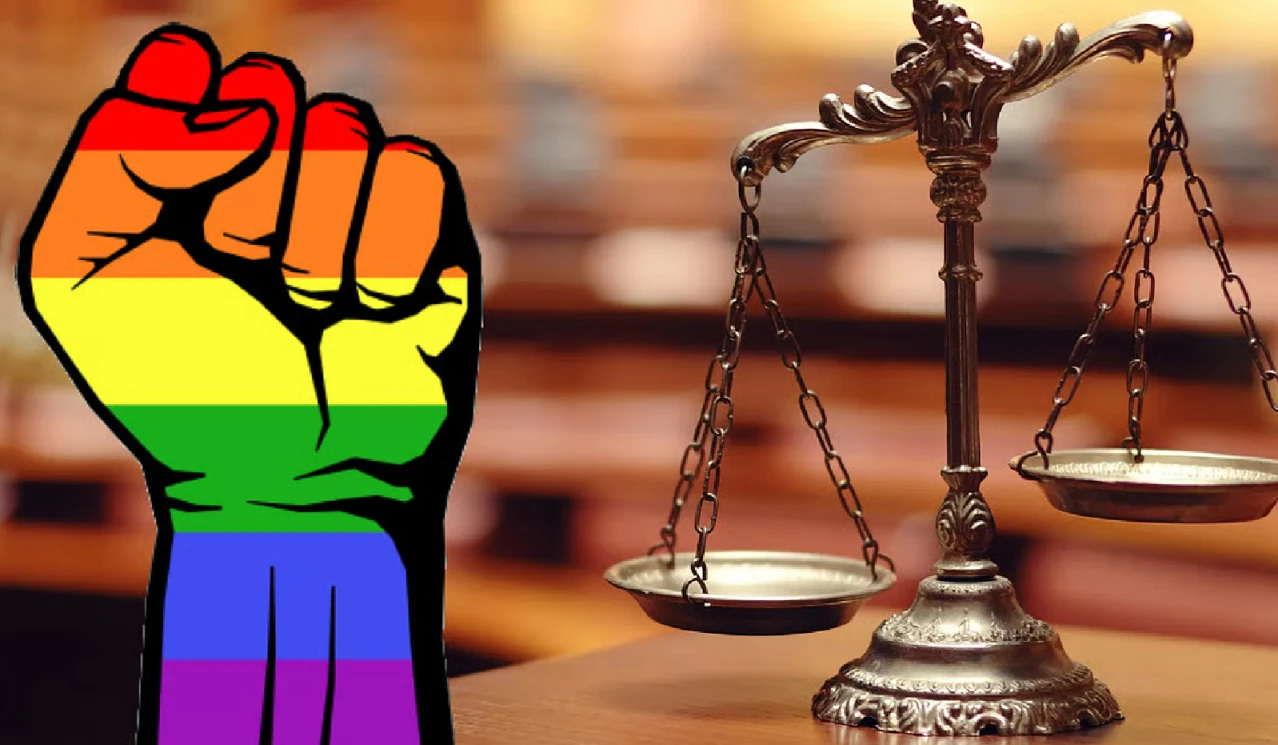In Jane Kaushik v. Union of India & Ors., the Supreme Court (SC) also highlighted issues in Transgender Persons Act of 2019 and discrimination faced by Transgender Persons.
Issues faced by Transgenders as highlighted by the SC
- Accessibility of benefits: The 2019 Act links availing of benefits to possession of an identification card, making the process complex and may result in exclusion of beneficiaries.
- Lack of reasonable accommodation: Transgenders face challenges in accessing public institutions like educational establishments, ‘Garima Greh’ shelter homes etc.
- Administrative inefficiency: For example, majority states failed to establish Transgender Protection Cells.
- Deep-rooted societal stigma: Lack of social acceptance, social awareness and empathy towards gender inclusivity.
- Legal and identity issues: 2019 Act mandates certification of gender identity by a District Magistrate (DM), infringing on the right to self-identify.
Key Provisions of Transgender Persons (Protection of Rights) Act, 2019
- Definition: A transgender person is someone whose gender identity does not align with the gender assigned at birth.
- Recognition of identity: The Act provides right to a self-perceived gender identity; a Certificate of Identity issued by the DM confers rights under the Act.
- Prohibition Against Discrimination: In Education, employment, residence etc.
- Measures by Government: Formulate welfare schemes to ensure full participation E.g. Vocational training, Healthcare
- Establishment of National Council for Transgender Persons
Other Measures taken for welfare of Transgender persons
|






